Scientific Methods
Most popular
 Status: PreviewPreviewY
Status: PreviewPreviewYYale University
Course
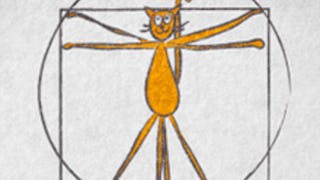 Status: Free TrialFree TrialU
Status: Free TrialFree TrialUUniversity of Amsterdam
Specialization
 Status: Free TrialFree TrialD
Status: Free TrialFree TrialDDuke University
Specialization
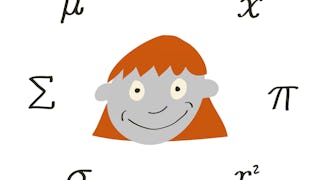 Status: Free TrialFree TrialU
Status: Free TrialFree TrialUUniversity of Amsterdam
Course
Trending now
 Status: PreviewPreviewY
Status: PreviewPreviewYYale University
Course
 Status: Free TrialFree TrialU
Status: Free TrialFree TrialUUniversity of Amsterdam
Specialization
 Status: Free TrialFree TrialD
Status: Free TrialFree TrialDDuke University
Specialization
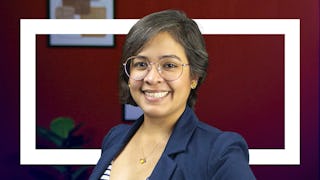 Status: PreviewPreview
Status: PreviewPreviewCourse
New releases
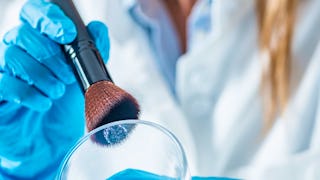 Status: PreviewPreviewU
Status: PreviewPreviewUUniversity of Cambridge
Course
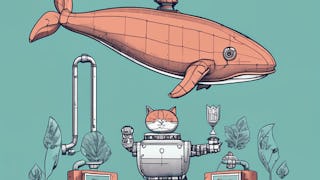 Status: Free TrialFree TrialJ
Status: Free TrialFree TrialJJohns Hopkins University
Specialization
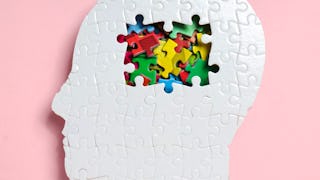 Status: Free TrialFree TrialU
Status: Free TrialFree TrialUUniversity of Cambridge
Course
 Status: Free TrialFree TrialU
Status: Free TrialFree TrialUUniversity of Cambridge
Course
Filter by
SubjectRequired *
LanguageRequired *
The language used throughout the course, in both instruction and assessments.
Learning ProductRequired *
LevelRequired *
DurationRequired *
SubtitlesRequired *
EducatorRequired *
Results for "scientific methods"
 Status: PreviewPreviewU
Status: PreviewPreviewUUniversity of Pennsylvania
Skills you'll gain: Scientific Methods, Science and Research, Research, Experimentation, Research Methodologies, Research Design, Data Collection, Peer Review, Simulations, Ethical Standards And Conduct
4.7·Rating, 4.7 out of 5 stars246 reviewsIntermediate · Course · 1 - 4 Weeks
 Status: Free TrialFree TrialU
Status: Free TrialFree TrialUUniversity of Amsterdam
Skills you'll gain: Qualitative Research, Scientific Methods, Statistical Analysis, Statistical Hypothesis Testing, Research, Research Design, Sampling (Statistics), Research Reports, Science and Research, Interviewing Skills, Data Analysis, Data Collection, Research Methodologies, Social Sciences, Surveys, Quantitative Research, Statistics, Regression Analysis, Statistical Inference, R Programming
4.6·Rating, 4.6 out of 5 stars7.7K reviewsBeginner · Specialization · 3 - 6 Months
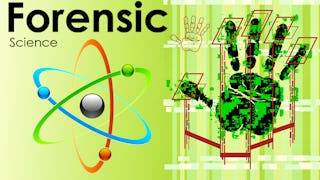 Status: PreviewPreviewN
Status: PreviewPreviewNNanyang Technological University, Singapore
Skills you'll gain: Criminal Investigation and Forensics, Scientific Methods, Chemistry, Investigation, Case Studies, Biochemistry, Analytical Chemistry, Pharmacology, Laboratory Testing, Hematology, Pathology, Molecular Biology
4.9·Rating, 4.9 out of 5 stars2.7K reviewsMixed · Course · 1 - 3 Months
 Status: Free TrialFree TrialU
Status: Free TrialFree TrialUUniversity of Colorado Boulder
Skills you'll gain: Oral Expression, Non-Verbal Communication, Learning Theory, Storytelling, Education Software and Technology, Human Learning, Motivational Interviewing, Conflict Management, Interpersonal Communications, Technical Communication, Education and Training, Media and Communications, Driving engagement, Teaching, Persuasive Communication, De-escalation Techniques, Writing, Scientific Methods, Rapport Building, Diversity Awareness
4.5·Rating, 4.5 out of 5 stars10 reviewsBeginner · Specialization · 1 - 3 Months
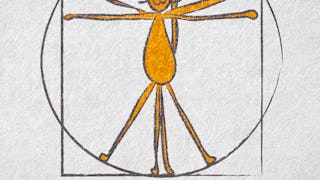 Status: Free TrialFree TrialU
Status: Free TrialFree TrialUUniversity of Amsterdam
Skills you'll gain: Scientific Methods, Research Design, Sampling (Statistics), Science and Research, Research, Research Methodologies, Surveys, Quantitative Research, Social Sciences, Experimentation, Ethical Standards And Conduct
4.7·Rating, 4.7 out of 5 stars2.4K reviewsMixed · Course · 1 - 3 Months
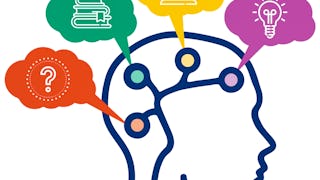 Status: PreviewPreviewJ
Status: PreviewPreviewJJohns Hopkins University
Skills you'll gain: Scientific Methods, Research, General Science and Research, Critical Thinking, Probability, Research Design, Bayesian Statistics, Probability & Statistics, Experimentation, Investigation, Decision Making
4.9·Rating, 4.9 out of 5 stars39 reviewsBeginner · Course · 1 - 3 Months
What brings you to Coursera today?
 Status: PreviewPreviewJ
Status: PreviewPreviewJJohns Hopkins University
Skills you'll gain: Clinical Research, Qualitative Research, Data Synthesis, Scientific Methods, Research Methodologies, Data Collection, Quantitative Research, Risk Analysis, Statistical Methods, Statistical Analysis
4.8·Rating, 4.8 out of 5 stars3.5K reviewsMixed · Course · 1 - 3 Months
 Status: PreviewPreviewÉ
Status: PreviewPreviewÉÉcole Polytechnique
Skills you'll gain: Peer Review, Journals, Scientific Methods, Research, Research Design, Proofreading, Research Methodologies, Editing, Ethical Standards And Conduct, Data Management
4.6·Rating, 4.6 out of 5 stars2.7K reviewsMixed · Course · 1 - 4 Weeks
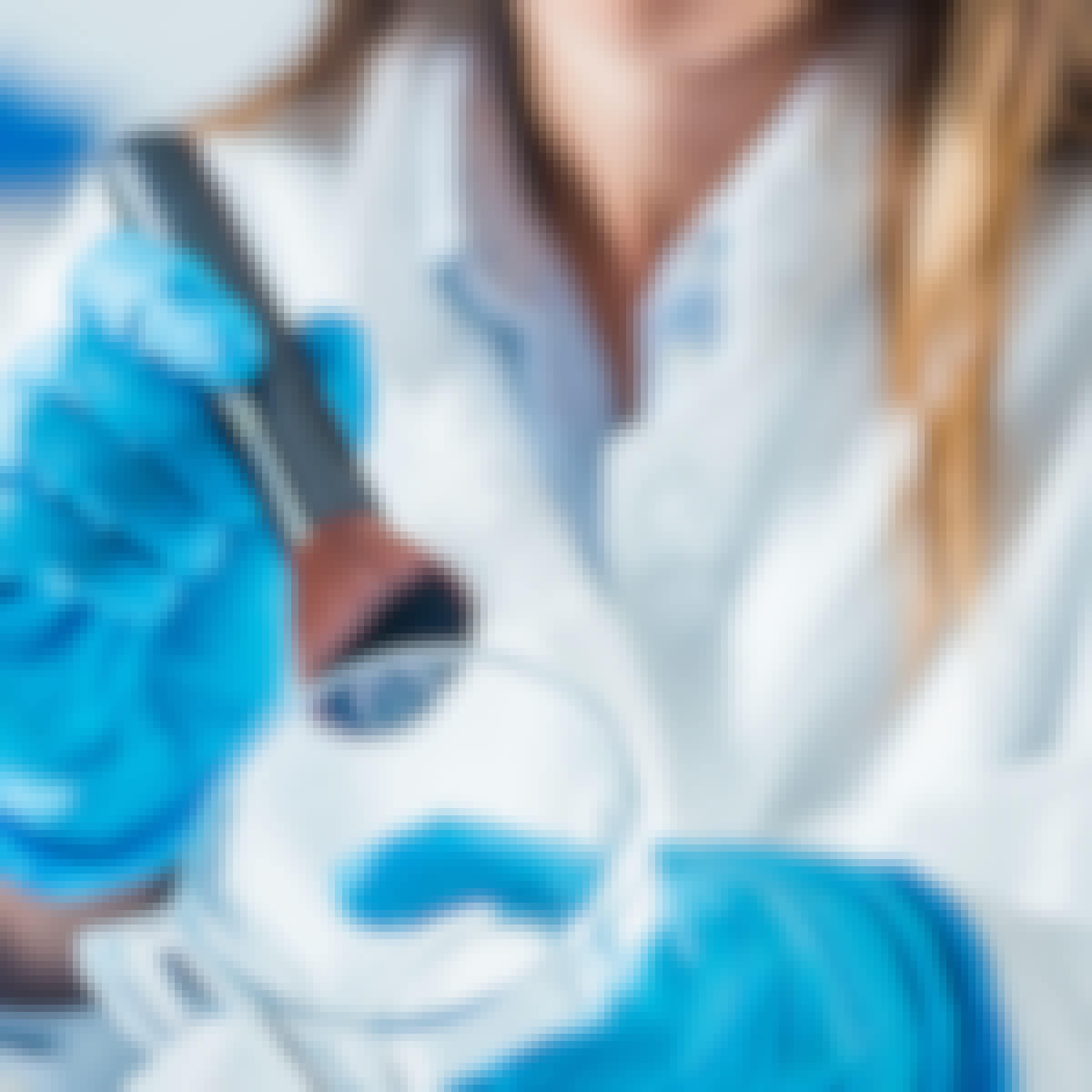 Status: NewNewStatus: PreviewPreviewU
Status: NewNewStatus: PreviewPreviewUUniversity of Cambridge
Skills you'll gain: Criminal Investigation and Forensics, Molecular Biology, Healthcare Ethics, Specimen Collection, Scientific Methods, Biostatistics, Laboratory Techniques, Analytical Testing, Biology, Image Analysis, Emerging Technologies
Beginner · Course · 1 - 3 Months
 Status: Free TrialFree TrialR
Status: Free TrialFree TrialRRice University
Skills you'll gain: Ancient History, Timelines, Public History, Social Justice, Anthropology, Scientific Methods, World History, Social Studies, Cultural Responsiveness, Liberal Arts, Sustainable Development, Peer Review, Environmental Science, Environmental Issue, Environment, Case Studies, General Science and Research, Health Equity, Social Sciences, Data Analysis
4.5·Rating, 4.5 out of 5 stars26 reviewsBeginner · Specialization · 3 - 6 Months
 Status: PreviewPreviewU
Status: PreviewPreviewUUniversity of Colorado Boulder
Skills you'll gain: Oral Expression, Human Learning, Education Software and Technology, Technical Communication, Education and Training, Writing, Community Outreach, Learning Theory, Pedagogy, Research, Technical Writing, Scientific Methods, Media and Communications, Science and Research, Persuasive Communication, Program Evaluation, Interviewing Skills, Photography, Infographics, Storytelling
4.7·Rating, 4.7 out of 5 stars129 reviewsBeginner · Course · 1 - 3 Months
 Status: PreviewPreviewP
Status: PreviewPreviewPPolitecnico di Milano
Skills you'll gain: Research, Scientific Methods, Data Ethics, Ethical Standards And Conduct, Informed Consent, Innovation, Technical Writing
4.8·Rating, 4.8 out of 5 stars196 reviewsBeginner · Course · 1 - 3 Months







